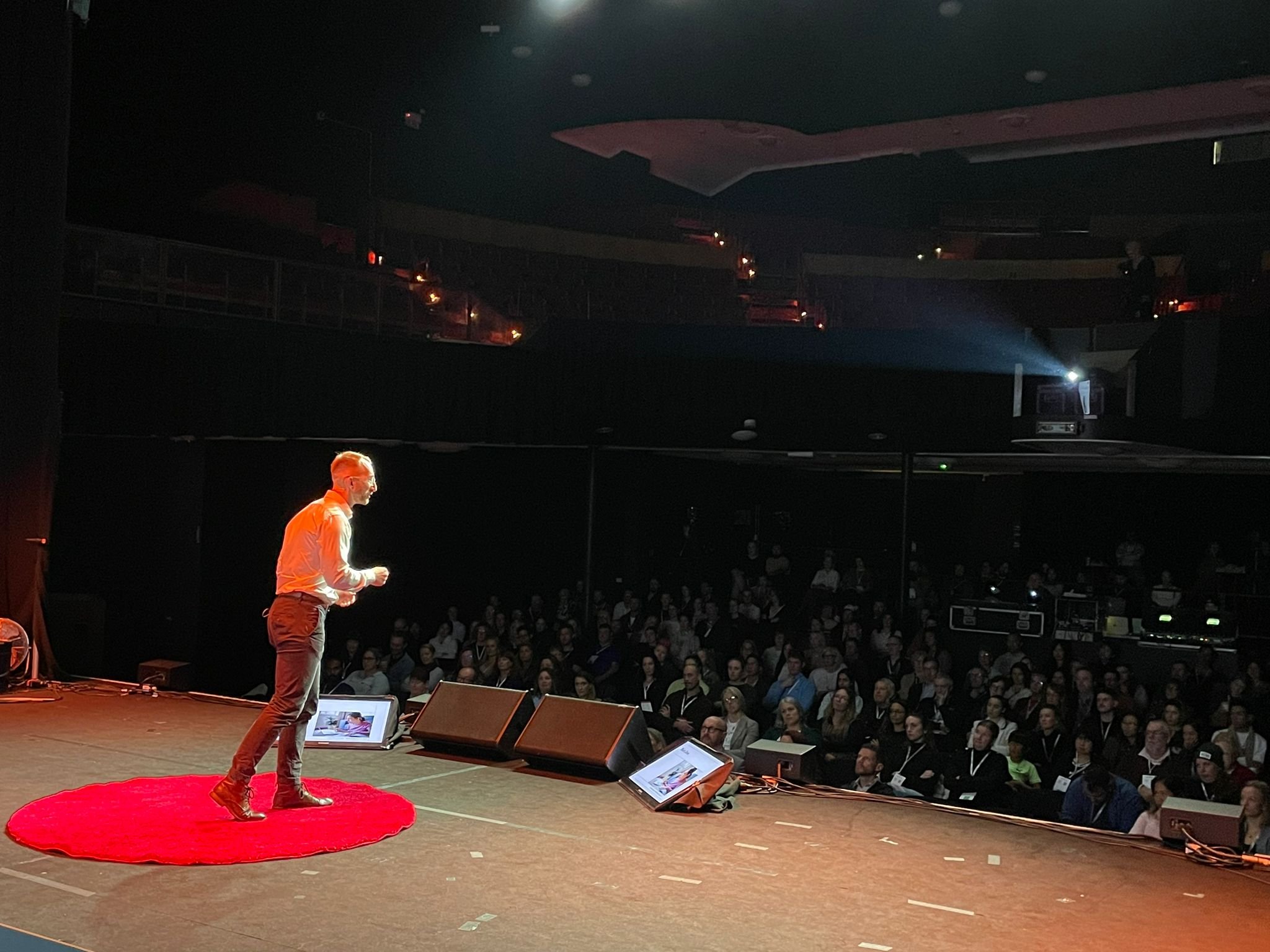Won’t AI Make Teachers Lazy?
Last week, I spoke with a newly graduated teacher about how she was managing her new role. Feeling a bit cheeky, I asked her to describe the start of her teaching career in three words. Her response was unexpected.
Instead of words like “Challenging, satisfying, and formative,” she said: “Taking on water.”
As we delved deeper, it became evident that she was barely staying afloat.
What was consuming her time?
Duties
Emails
Marking
Planning
Meetings
Pastoral care
Office politics
Notice what’s missing? Actual teaching. It turns out, the bulk of her efforts were expended before she even stepped into the classroom.
The Broader Problem
If you’ve spent any time around schools, you likely have a collection of similar stories. These anecdotes collectively depict a grim statistical reality.
Did you know that 70% of teachers report their workload as unmanageable? They didn’t just say it was hard to manage; they said it was unmanageable.
Perhaps that’s why 50% of teachers report moderate to extreme symptoms of depression, compared to just 10% of the general population.
Lazy Teachers?
Let me use a provocative metaphor: Arguing that AI will make teachers lazy is like saying that life jackets will make swimmers lazy. It’s not about promoting laziness; it’s about staying afloat.
Having worked with over 1,000 educators this year, I can assure you that they aren’t looking for shortcuts to leave early for beach vacations. They are passionate about their profession and just want to do what they love without sinking.
This is why I am a staunch advocate for AI in education. Not because I am enamored with the technology, but because I care deeply about teachers, and I believe this technology can help them:
Save time
Foster creativity
Return to what they love doing the most.
Until next week,
Happy Teaching!
Paul Matthews


